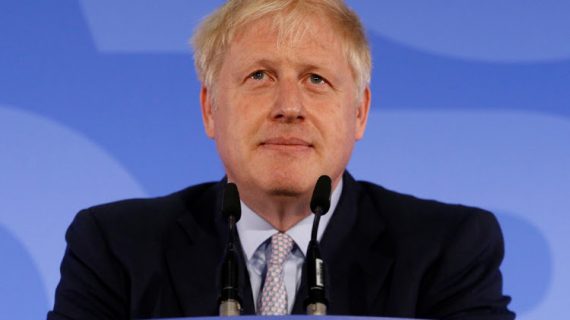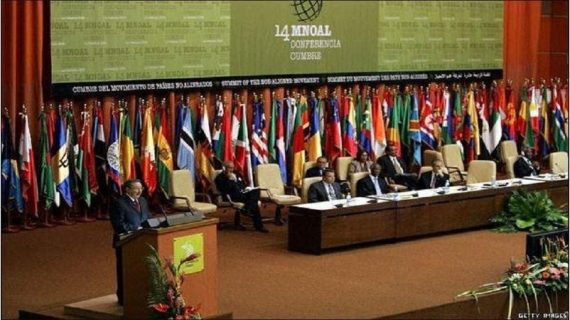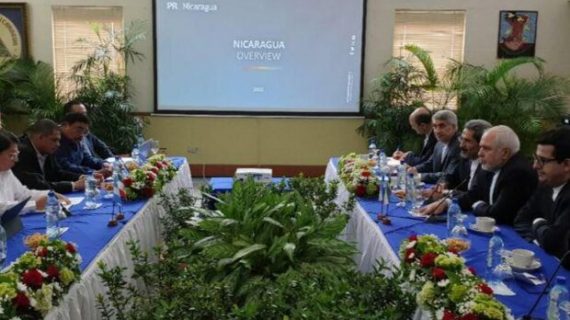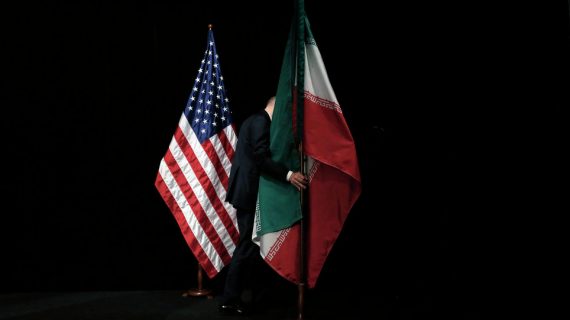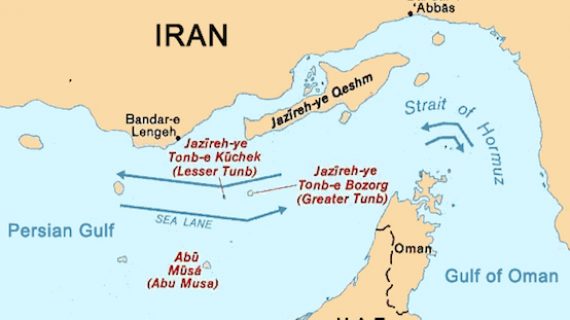German Banks Unfazed by US’ Anti-Iran Stance
Reported by HPMM Group according to FINANCIAL TRIBUNE ; While Germany’s big banks are studiously avoiding Iran-related deals for fear of US reprisals, six credit unions, or Volksbanken, from southern Germany appear unafraid and are continuing to provide trade finance to the country.
Patrizia Melfi, the head of the International Competence Center that was set up by the banks to handle foreign business, told the German newspaper Handelsblatt that the supervisory board “gave us the green light on Thursday”.
Days later, US Secretary of State Mike Pompeo threatened to impose “the strongest sanctions in history” on Iran after the United States pulled out of the 2015 nuclear deal this month.
Despite Washington’s hard line on Tehran, the center will keep handling transactions for companies that export goods and services to Iran. Their affairs will likely continue unimpeded until early August, when the United States’ new rules come into effect. For now, the US has yet to enact legally-binding sanctions.
“Basically, as long as companies and banks stick to the requirements and regulations of the current export controls of the EU and the US, nothing can happen to them,” she said.
Melfi added that it was essential “to be well informed and conduct detailed checks of the companies’ deals”.
The credit unions–Volksbank am Wurttemberg, Pforzheim, Heilbronn, Konstanz, Schwarzwald-Donau-Neckar and Vereinigte Volksbank–are showing considerably more guts than bigger players.
However, Deutsche Bank, Commerzbank and DZ Bank are giving Iran the cold shoulder.
Deutsche Bank said it has always been “reticent” regarding the financing of Iranian deals. DZ Bank said it was now stopping all foreign payments related to Iran.
That is not surprising, as they face major fines if they fall foul of US sanctions. Back in 2015, Commerzbank had to pay $1.5 billion in 2015 to resolve a US investigation into its dealings with Iran and other sanctioned countries. France’s BNP Paribas was fined €۹ billion ($10.6 billion).
But companies are still drawn to Iran’s promising market. Eighteen months ago, the six credit unions were helping 800 German firms to do business there.
Melfi refused to reveal how many customers they still have, but she said they had received many inquiries from companies, including several blue chips.
“Businesses are torn, deeply unsettled by Washington’s pullout from the deal. Some are no longer accepting orders from Iran. But others, especially those without business links to the US, want to continue their Iran business,” she said.
All are anxiously watching what might happen next, but it became clear that the German credit unions won’t give up easily.
Melfi said her network could continue to settle transactions, even if the interbank messaging service SWIFT, which is used to transfer trillions of dollars between banks every day, were to stop transferring money to and from Iran.
“We could maintain payments even without SWIFT and with the help of the Bundesbank,” she said, referring to the German central bank.
Iran’s Ambassador to Germany Ali Majedi said last week that Tehran has taken preliminary steps to establish a bank for transactions between Iran and the European Union in euros to settle possible financial issues that might arise after Washington’s recent decision to withdraw from the Iran nuclear deal.
Majedi noted that the creation of such a bank would allow Europeans to continue trade with Iran, as well as with Russia, which is also under US sanctions.
An Iranian deputy oil minister was upbeat about the country’s future prospects and believes that there exists a strong political will between Iran and the European Union.
“Iran’s priority is to sell its oil and receive the proceeds through banking channels without impediments,” Amirhossein Zamaninia, the Oil Ministry’s deputy for international and commercial affairs, was quoted as saying by Shana on Wednesday.
Zamaninia said one of the EU’s recent proposals, based on which Iran’s oil revenues are to be directly transferred to the Central Bank of Iran, is a positive move.
The proposal was one of EU’s four pitches to ensure Iran continues to benefit from the nuclear deal and to keep the deal alive.


